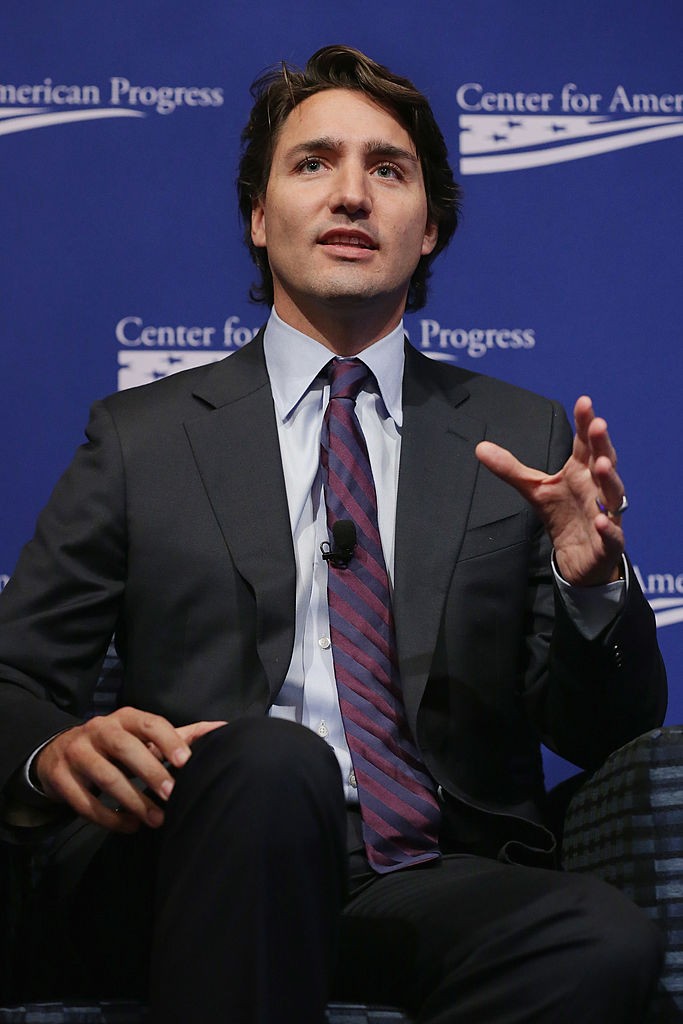John McCallum, Canada's Immigration Minister, held meetings with Chinese officials the past two days to start discussions of setting up five more Canadian visa offices.
There are already five visa offices and the minister said that Canada would like to establish five more in Chengdu, Nanjing, Wuhan, Jinan and Shenyang.
"Canada needs to take advantage of a great economic opportunity to capture this market and the opening of more visa application centers throughout China would facilitate travelers seeking to come to Canada," said a government official who wanted to remain anonymous.
The Canadian official added, "We want to facilitate the entry of people who can make some great contributions to Canada while they are here, and hopefully be able to retain them."
Prime Minister Justin Trudeau instructed the Immigration Minister to form a three-year plan with the Chinese government and to reveal full details by the fall of this year.
McCallum's visit to China is to make preparations for Trudeau's attendance to the G20 Summit next month.
Trudeau's new conservative government wants to push for more immigrant workers to be hired in areas that are not filled by Canadians. They employed a new express entry system to fast-track immigrants' entry to the country.
Richard Kurland, an immigration lawyer, said that Canada's move to open more offices in China will certainly help Canada achieve its targets.
He said "Having more Canadian visa entry points in China by multiplying the number of application centres will undoubtedly facilitate visa issuance, and give faster service to larger numbers of people. When Canada did this in other countries, it resulted in greater numbers of applicants."
McCallum said that the Canadian government would like to get the "cream of the crop" of China's labor force, especially in the technology sector.



























